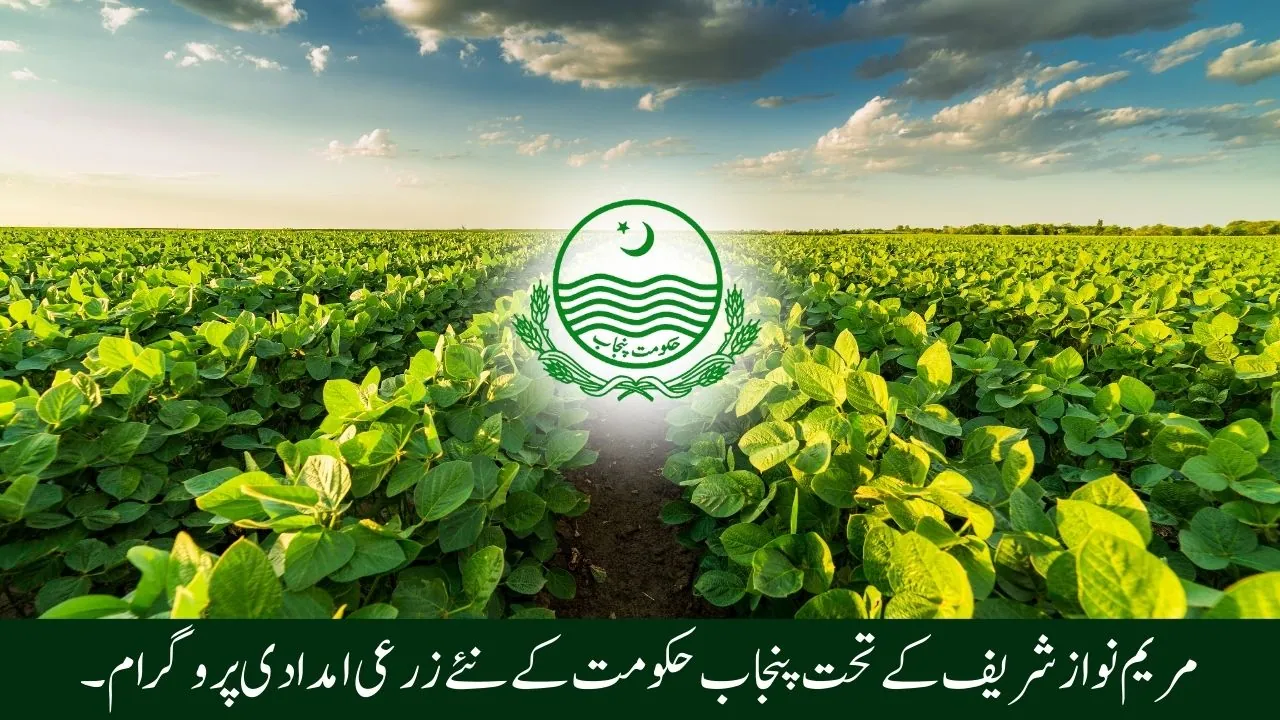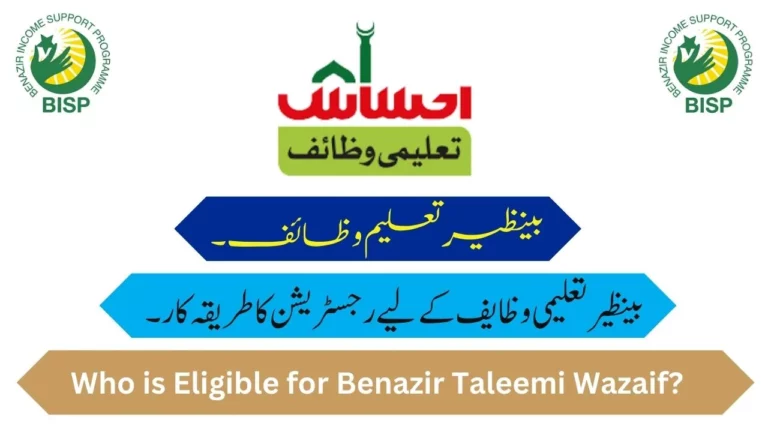Punjab Government’s New Agricultural Support Programs Under Maryam Nawaz Sharif

Under the leadership of Maryam Nawaz Sharif, the Punjab government has implemented a number of measures targeted at assisting farmers and increasing agricultural output. These programs are part of a larger effort to solve farmers’ issues while also supporting the agricultural sector’s development and sustainability. These projects include financial aid, access to modern machinery, renewable energy promotion, educational initiatives, and infrastructural development.
Extensive Financial Aid for Farmers
A large amount of the budget has been set aside to offer financial assistance to farmers. This includes subsidies and loans to assist them in acquiring necessary agricultural materials and machinery. One of the most important financial supports is the introduction of Kisan Cards, which give direct cash aid for the purchase of seeds, fertilizers, and other inputs. This effort intends to alleviate farmers’ financial burdens, allowing them to invest in innovative agricultural practices.
| Feature | Description |
| Financial Aid | Kisan Cards provide direct cash aid for seeds, fertilizers, and other inputs. |
| Modern Machinery | Subsidized rates for tractors, combine harvesters, and other advanced equipment. |
| Solar Energy Promotion | Solar panels at reduced costs to power irrigation and other activities. |
| Educational Programs | Workshops, training sessions, and field demonstrations to teach modern farming techniques. |
Accessibility to Modern Agricultural Machinery
To increase agricultural production, the Punjab government is making sophisticated agricultural gear available to farmers at reduced costs. This comprises tractors, combine harvesters, and other modern machinery. The government expects that by providing access to these technologies, it would promote agricultural automation, lower labor costs, and improve crop yields. This is a critical step in modernizing conventional farming practices and implementing more efficient and productive techniques.
Promoting Solar Energy in Agriculture
Understanding the value of renewable energy, the Punjab government promotes the use of solar energy in agriculture. Solar panels are being offered at a lower cost to power irrigation systems and other agricultural activities. This not only reduces farmers’ dependency on conventional energy sources, but it also reduces their operational expenses. Farmers that integrate solar energy may assure a steady power source for their activities, resulting in more dependable and efficient farming operations.
Educational Programs for Farming Enhancement
The Punjab government’s agricultural development strategy relies heavily on education and training. Several initiatives have been created to equip farmers with the information and skills required to implement contemporary farming practices. These include workshops, training sessions, and field demonstrations led by agricultural professionals. The government’s goal is to boost production and promote sustainable agriculture by teaching farmers about best practices and new approaches.
Developing Agricultural Infrastructure
Improving agricultural infrastructure is another significant need. The government is striving to build storage facilities, irrigation systems, and transportation infrastructure. By improving these infrastructures, the government hopes to decrease post-harvest losses, assure timely delivery of agricultural products to markets, and increase overall efficiency in the agricultural supply chain. This effort is critical for establishing a strong agricultural environment that serves the demands of farmers.

Positive Impacts on the Agricultural Sector
These extensive actions by the Punjab government are expected to have a substantial influence on the agriculture industry. Farmers’ principal difficulties are being addressed by the government through financial assistance, new machinery, sustainable energy solutions, educational initiatives, and better infrastructure. These measures are projected to boost agricultural output, enhance farmer lives, and help the region’s economy thrive. The government’s commitment to assisting farmers is likely to create tremendous progress in the agricultural industry and assure a successful future for Punjab’s farming community.
Conclusion
The Punjab government’s measures under Maryam Nawaz Sharif reflect a strong commitment to helping agriculture and improving farmers’ livelihoods. The government addresses farmers’ basic needs and promotes sustainable farming practices by providing extensive financial assistance, access to new machinery, sustainable energy solutions, instructional initiatives, and better infrastructure. These measures are expected to greatly increase agriculture sector growth and help Punjab’s overall economic development.
Also Read: Good News: China-Pakistan Partnership for Solar E-Bikes
FAQs
What types of financial aid are available for farmers under the Punjab government’s programs?
Farmers can receive financial assistance through Kisan Cards, which help them purchase seeds, fertilizers, and other necessary inputs.
How can farmers acquire modern agricultural machinery through these initiatives?
The government provides subsidized rates for tractors, combine harvesters, and other advanced agricultural equipment to make them more accessible to farmers.
What is the significance of solar energy in these agricultural programs?
Solar panels are offered at subsidized rates to power irrigation systems and other agricultural operations, promoting the use of sustainable energy in farming.
How does the Punjab government support the education of farmers?
The government organizes workshops, training sessions, and field demonstrations to equip farmers with modern farming techniques and knowledge.





